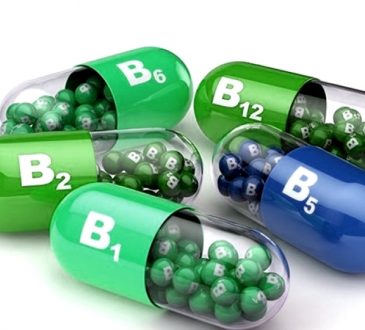
In Malaysia, dengue fever is one of the most popular fevers that affect anyone. This is due to the fact that we live in the equator region where heavy rain happens every year. When rain falls, there are possibilities that rain water will accumulate in any type of water container such as rubbish, vase, unused tire and so on. These conditions are very favorable for one of the most feared mosquitos in the world, the aedes mosquito. This is because they can transmit dengue fever to humans. Dengue fever is one of the most dangerous fever in the world because it can cause death to humans if not treated properly. In fact, there are so many cases where humans die from dengue fever every year. This tiny creature can bite and inject dengue virus into human skin, causing the virus to be transmitted to us.
When a dengue virus goes into our bloodstream, it will start to attack our liver, blood cell and also spleen. This will cause the white blood cell and also platelet count to be very low. Besides, people with dengue fever will also has low blood pressure due to losing more fluid into body cavities. All of these conditions is very dangerous to our organs because the organs will not receive inadequate amount of resources. Hence, this is the reason why some of the dengue fever’s patient tend to have end organ damage such as kidney failure, liver damage or heart problem. Furthermore, some severe cases of dengue fever can cause spontaneous bleeding, causing some serious complications such as intracerebral bleeding. In order to know more about dengue fever, we must take a look at its stages. Dengue fever consist of 3 stages.
The first stage is known as the febrile stage or acute fever stage. This is where the fever struck. It can be as high as 39 to 4o degrees Celsius. The aim for this stage is to help reduce the fever. Hence, the use of antipyretic medication such as paracetamol can greatly help to reduce the fever. Besides, patients will also feel weak and dehydrated. So, rehydration with oral fluids is a must in order to make sure that the circulation is in a good condition. The other symptoms at this stage include abdominal pain, weakness, fatigue, vomiting and also body ache.
The second stage is known as the critical stage. The word used here reflects the condition. Patients will usually have a fast pulse, cold clammy skin and appear restless. Here, at around day 5 to day 7, patients will often develop low blood pressure. This is due to the reason where blood plasma has evacuated the blood vessel and goes into body cavities. In some severe cases, patients will have low levels of platelet, causing spontaneous bleeding. If not treated properly, this condition can cause death. Hence, it is very important to control the intake of fluid during this stage. It is important not to take too much or too low fluid.
The third stage is known as the recovery phase. This is where the patient will start to return back to normal condition. At this type of stage, patients will regain their appetite, have slower or close to normal pulse, have convalescent rash at their arms or legs and also will excrete more water. It will take a couple of days to fully return to normal. If you think that you are experiencing any of the symptoms mentioned here and suspect that you are having dengue fever, then it is advisable to meet your doctor as soon as possible.




